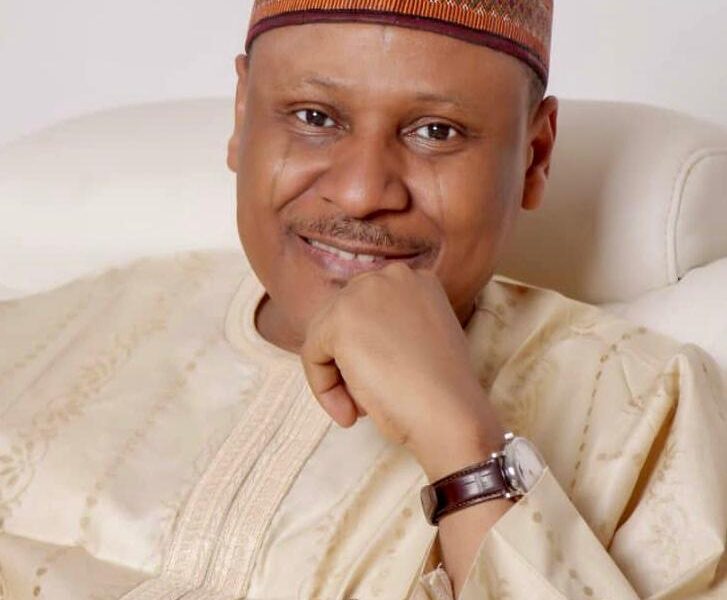The recent launch of the “Brand Nigeria” project by the Minister of Information has sparked widespread interest and debate. Aimed at rebranding the nation’s image both domestically and internationally, the initiative seeks to highlight Nigeria’s strengths and potentials, while addressing the negative stereotypes that have long plagued the country. While the project is laudable in its ambition to reshape perceptions, it raises several important questions that must be addressed if it is to succeed.
The Vision Behind ‘Brand Nigeria’
The “Brand Nigeria” project is a bold attempt to redefine the narrative surrounding Nigeria. The country, despite its rich culture, dynamic economy, and vibrant population, often finds itself associated with corruption, insecurity, and poverty in international discourse. These perceptions, whether fair or not, have tangible consequences, affecting everything from foreign investment to tourism, and even the self-esteem of Nigerians themselves.
By promoting the positive aspects of Nigeria—its entrepreneurial spirit, its cultural diversity, and its potential as an economic powerhouse—the “Brand Nigeria” initiative seeks to counter these negative images. The vision is to create a unified, coherent brand that can rally citizens and attract global attention for the right reasons.
The Challenges of Rebranding a Nation
While the idea of rebranding Nigeria is appealing, the challenges cannot be overlooked. Rebranding a nation is not like rebranding a product. It requires more than just a catchy slogan or a slick marketing campaign; it demands a fundamental shift in how the country is perceived, both by its own citizens and by the world at large.
One of the critical questions is whether the “Brand Nigeria” project can succeed without addressing the underlying issues that contribute to the country’s negative image. Corruption, insecurity, and poor governance are not just perceptions—they are realities that need to be tackled head-on. Without concrete actions to address these challenges, any rebranding effort risks being seen as superficial or even disingenuous.
The Role of Government and Citizens
Another matter arising from the “Brand Nigeria” project is the role of government and citizens in shaping the country’s image. While the government can lead the initiative, true rebranding must be a collective effort. Citizens must feel invested in the brand, believing in the story that is being told about their country.
This requires transparency and accountability from the government. The citizens need to see tangible progress in areas such as infrastructure, education, healthcare, and security. They must also be engaged in the process, with their voices heard and their contributions valued. A top-down approach to rebranding, without the active participation of the people, is unlikely to resonate or have lasting impact.
The International Perspective
Rebranding Nigeria on the international stage is perhaps the most daunting aspect of the project. The global narrative around Nigeria has been shaped by decades of reporting on corruption scandals, insurgency, and economic challenges. Changing this narrative will require not only sustained public relations efforts but also visible improvements in the country’s governance, security, and business environment.
Moreover, the international community will be looking for consistency. Nigeria’s leadership must demonstrate a commitment to reform, backed by real action. Only then can the country hope to change the perceptions of investors, tourists, and global institutions.
The Road Ahead for ‘Brand Nigeria’
The “Brand Nigeria” project is an important and timely initiative that recognizes the power of perception in shaping a nation’s fortunes. However, for it to be truly successful, it must go beyond surface-level rebranding. The government must address the root causes of the country’s negative image and engage citizens in a meaningful way. Internationally, Nigeria must prove that it is serious about reform and capable of sustaining positive change.
If these challenges can be met, “Brand Nigeria” has the potential to transform how the world sees Nigeria—and, perhaps more importantly, how Nigerians see themselves. But this will require more than just words; it will require action, commitment, and a genuine effort to build a better Nigeria for all.









